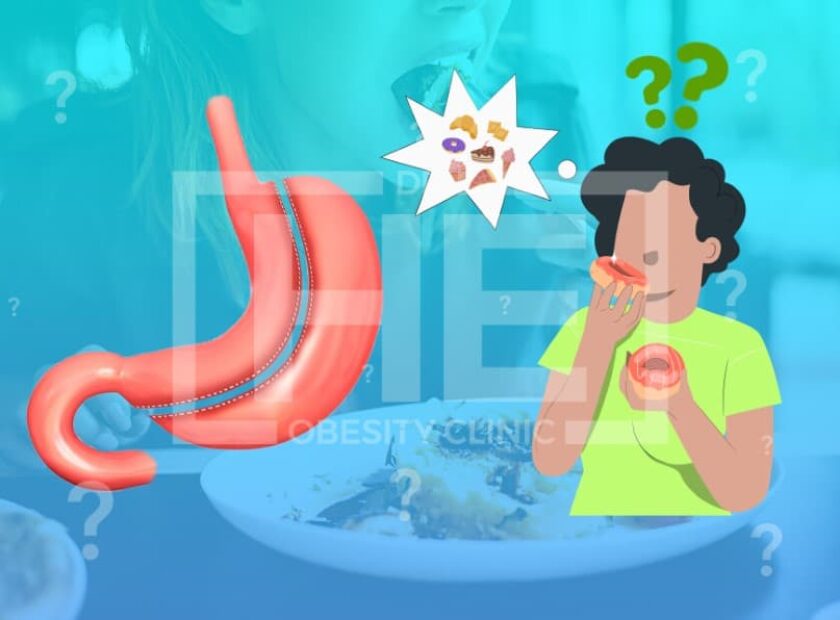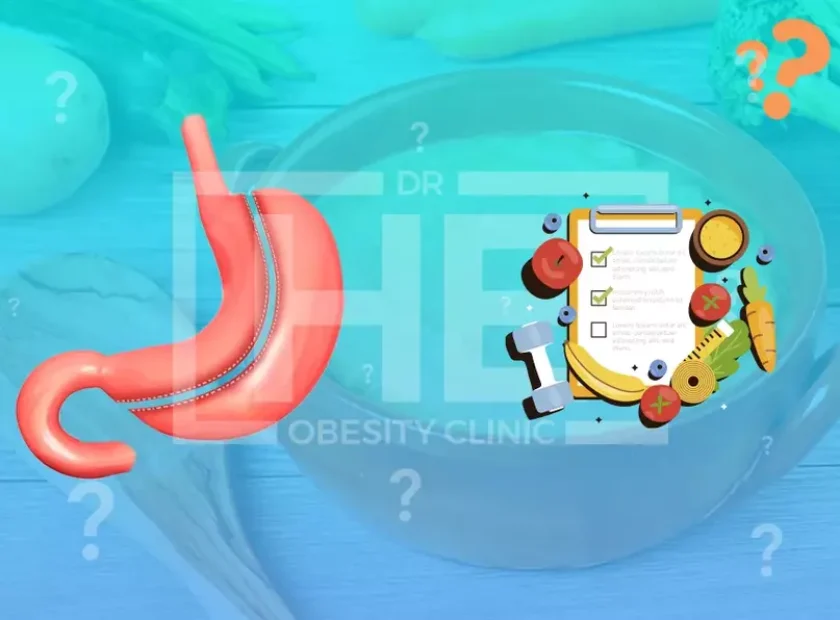
Can you get gastroparesis from a gastric sleeve? This is one of the most often asked questions, and the answer is yes and no. There may be recurrences of gastroparesis during your recovery period, which can last up to 6 months people; nevertheless, the consequences will be permanent at the end of the time you wait to heal entirely.
That is, for some people recurrent gastroparesis frequently does not respond to medical treatment. Nevertheless, gastric sleeve surgery has shown a great deal of promises in the treatment of gastroparesis, but when this approach fails, it may be said that subtotal gastrectomy is frequently the eventual consequence. On the other hand, there is insufficient evidence to assess the efficacy of this information.
To better comprehension of the topic, you should know more about what this problem exactly is. First, gastroparesis is a condition in which the stomach is unable to contract properly and release its content into the intestine.
Patients may have constant pain, vomiting, nausea, abdominal swelling, starvation, and other symptoms because food cannot flow correctly through the digestive system. Diabetes, which is inadequately managed, is the most common cause.
Furthermore, even as accomplished as modern medicine has gotten, it could still face failure in some circumstances. Patients who develop gastroparesis are among those who may reach the end of existing therapy and have a severely reduced quality of life.
On the other hand, side effects vary from person to person, as they do with any procedure. Keep in mind that gastric sleeve surgery is an irreversible procedure. People who go through the operation must change their nutrition for the rest of their lives.
Patients can only drink sugar-free, non – alcohol liquids for the first week after surgery. After seven days, pureed foods can be introduced and continued for the next three weeks, followed by conventional foods after one month.
Patients must also take the following vitamins: a multivitamin twice daily, a calcium supplement once daily, and a vitamin B-12 injectable once a month.
To sum up, as your body rapidly loses weight following gastric sleeve surgery, you may suffer a range of side symptoms, including aches and pains, fatigue or coldness, dry skin, hair thinning and loss, and mood changes.
In addition, the risk of dealing with gastroparesis will still be an issue even after a gastric sleeve surgery. Please, keep in mind that if you have any serious adverse effects following a procedure, you should contact your doctor as soon as possible.
How Long Does Post-Surgical Gastroparesis Last?
The condition known as post-surgical gastroparesis occurs when the stomach does not function properly after surgery, causing discomfort, bloating, and nausea. Depending on the patient, post-surgical gastroparesis can last for a variety of times, but it typically gets better over time. It can last for a few months, and the surgeon’s recommendations for medication and dietary changes are used to treat it. It’s crucial to heed the surgeon’s recommendations and follow up frequently to track the symptoms and make the necessary corrections to get better.




